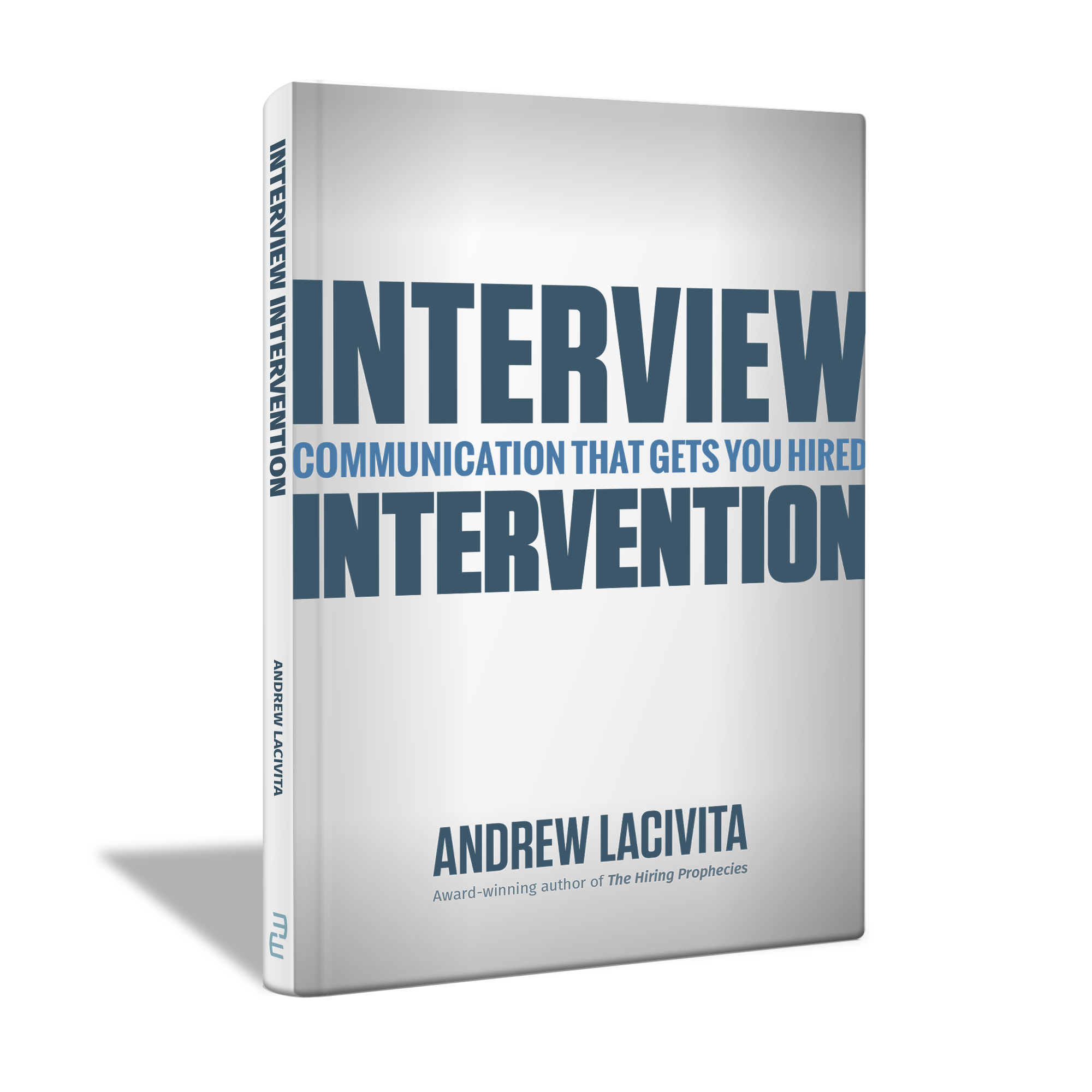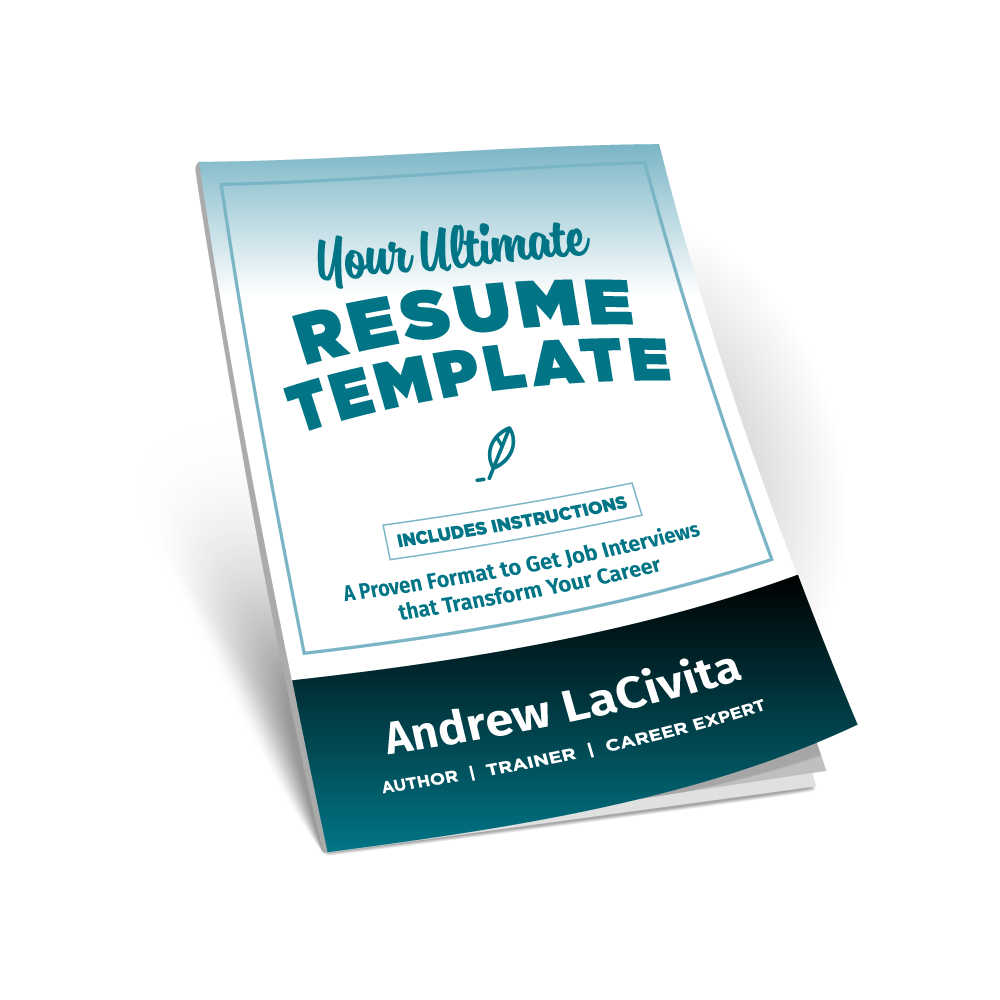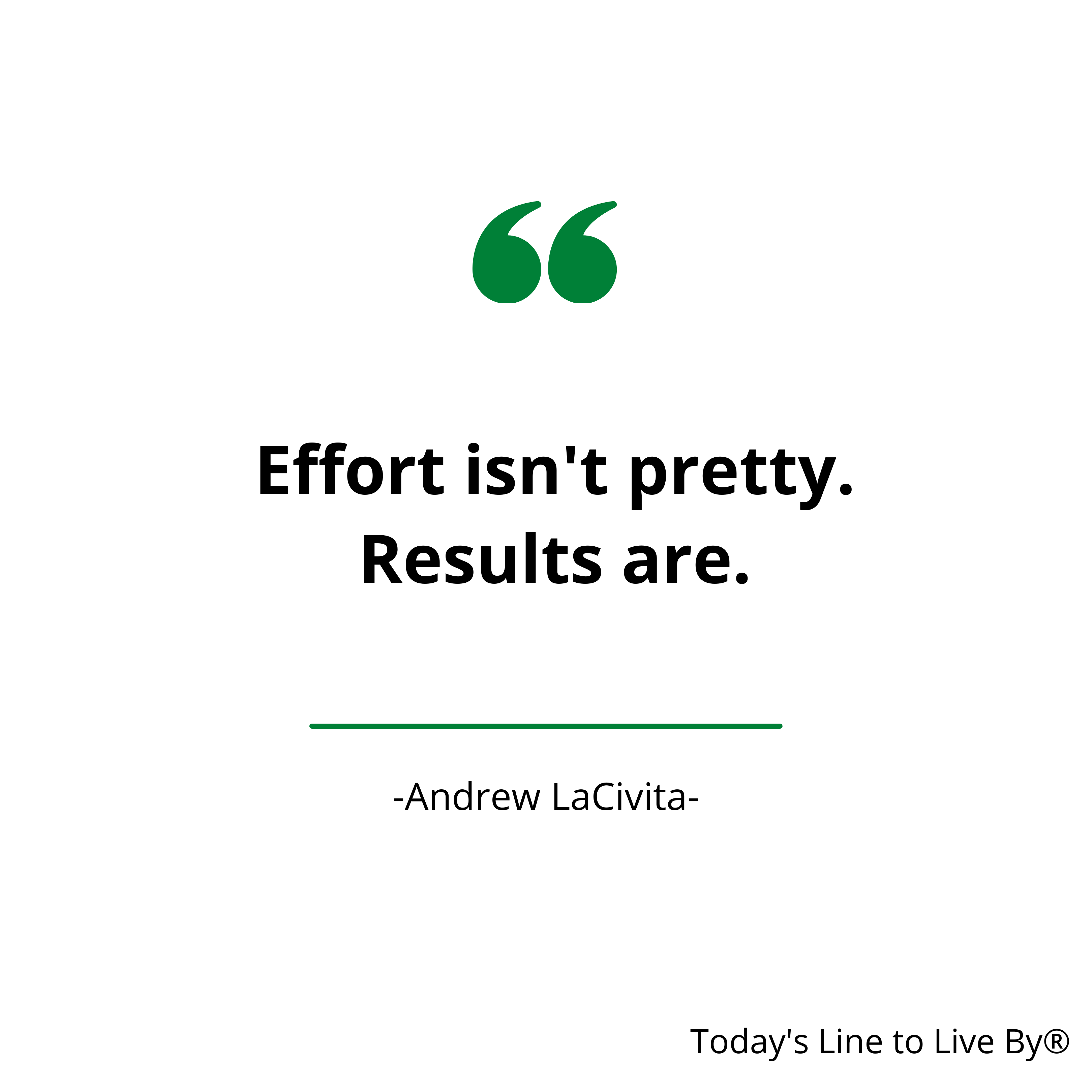I didn’t really want to title this post The 4 Worst Job Interview Questions. My preference was The 4 Least Effective Job Interview Questions and Their Much More Effective Alternatives, but the tool only allows me so many characters.
Let’s be honest, for all time and all time to come, job interviewers will remain untrained at interviewing. It’s not a crime. I’m a business man and I realize that employees should be paid for what they do best—engineer new products, market them, optimize internal processes and so on. Even so, we rely on these same people to evaluate job candidates because these employees are theoretically the ones best suited to evaluate the “technical” knowledge and experience of the potential employee.
Can we at least agree not to handicap them further by arming them with job interview questions that yield mostly irrelevant information when determining whether a job candidate will be an effective employee?
After consulting to more than 200 companies and interviewing more than 11,000 people, I’ve seen many effective and poor interviewing techniques. The poor ones often have commonalities across the board, but virtually all of them start with ineffective questioning. Ineffective questioning leads the job candidate to provide poor quality data—as it relates to the employer’s ability to make a sound hiring decision. Oftentimes, the employer assumes it’s the candidate’s issue, when typically it’s a result of poorly designed or asked interview questions.
Here are my top four doozies and how you can tighten them to become more effective…
Tell me about yourself. I literally just cringed when I typed that last sentence. You—the interviewer—own the interview. You’re the conductor. It’s your job to elicit the most relevant information in the least amount of time so your company can determine with a high level of certainty whether to hire the person you’re interviewing.
Even worse, this particular question is often asked at the beginning of the interview when the job candidate has virtually no information about the position (beyond a job description she might have seen). It turns control of the interview over to the job seeker. Worst of all, you’ve left the candidate to choose whatever it is she’d like to share, which likely will have little relevance to what you need to know to make a sound hiring decision.
I understand the argument that you could be evaluating her storytelling organizational skills or perhaps how much she knows about your company and position based on what she highlighted in her response. It’s certainly possible, but why would you leave to chance the possibility she’ll waste ten minutes providing useless information?
If you insist on something similar as part of your initial questioning, at least direct the candidate to the right vicinity so she can provide relevant information. For example, “Our company is seeking a Director of Marketing. Can you share how your experience would help you fulfill that position which manages all major marketing functions including…”
Where do you see yourself in five years? I honestly wish someone could dis-invent this question or somehow permanently remove it from every interviewer’s repertoire of questions. I understand some job interviewers want to gain insight into the candidate’s ambitions and desires for the future, but most people can’t see past tomorrow, let alone five years from now. Furthermore, today’s job market changes so quickly that new opportunities are created on a daily basis, and career paths are changed in an instant. If someone would have told me in 2003 that I’d be opening a recruiting firm the following year, I would have bet my entire bank account against it. Remember, just because she’s not a fortuneteller, doesn’t mean she won’t be a great employee!
I think you’ll get more bang for your buck by asking a question such as, “If you were still working here three years from now, what do you think your most significant contribution would be?” This question will help you determine what is most important to the candidate and see whether the candidate has a realistic view of what she can accomplish. Is she a creative thinker? Does she have practical work experience that can help her formulate ideas and execute them? Can the candidate set and execute on goals?
What is your greatest weakness? I work too much. I try too hard. I don’t delegate enough. It just took the candidate less time to answer your question than it took you to ask it and you still don’t have any valuable information. Now you have to dig for follow up questions. What if the candidate provided you a list of weaknesses that was completely irrelevant to what you need the employee to do? Are you sure you want to hire the person simply because she didn’t highlight a relevant weakness?
It’s your responsibility as the interviewer to determine whether the candidate’s shortcomings—as they relate to being a successful employee—are acceptable. We all have “weaknesses!” The more important indicator in determining success is how effectively an individual overcomes those shortcomings. I suggest focusing on that.
There are a host of good questions that address how an individual overcomes issues, motivates themself, handles tough situations with coworkers and so forth. For some examples, see “How do you educate yourself” or “Describe a situation when something went wrong,” or “Describe a situation when you and coworker disagreed.”
Describe how you’re a team player. The candidate immediately thinks this commonly asked question means describe when you helped someone. That is, in fact, what the interviewer is likely asking.
I have a couple points here—one is philosophical and the other tactical. Philosophically, I don’t waste time asking this question because I think the concept of how nicely someone plays in the sandbox is well past its sell-by date. I can usually gather whether the job candidate will get along with others and vice versa through my other interview questions. I’m much more interested in whether this person is a trendsetter or needle mover! In that regard, I suggest asking a question such as, “Describe a situation where you were the only dissenter among a group and by the time you left the room everyone agreed with you.” If she can convince you of this, there’s a very good chance she is a creative thinker. Even if her idea or position failed, we at least know she probably has good influencing skills. If you’re interested in more insight regarding my view on team players, see Are Teaming Concepts Hurting Your Company?
Tactically, if you’d like to investigate someone’s nature as a team player, you could alter your line of questioning to something such as “Do you prefer working on a team or by yourself?” This question helps you determine the candidate’s preference. That preference drives behavior and will provide insight as to whether the person will be a helpful teammate.









Leave A Comment